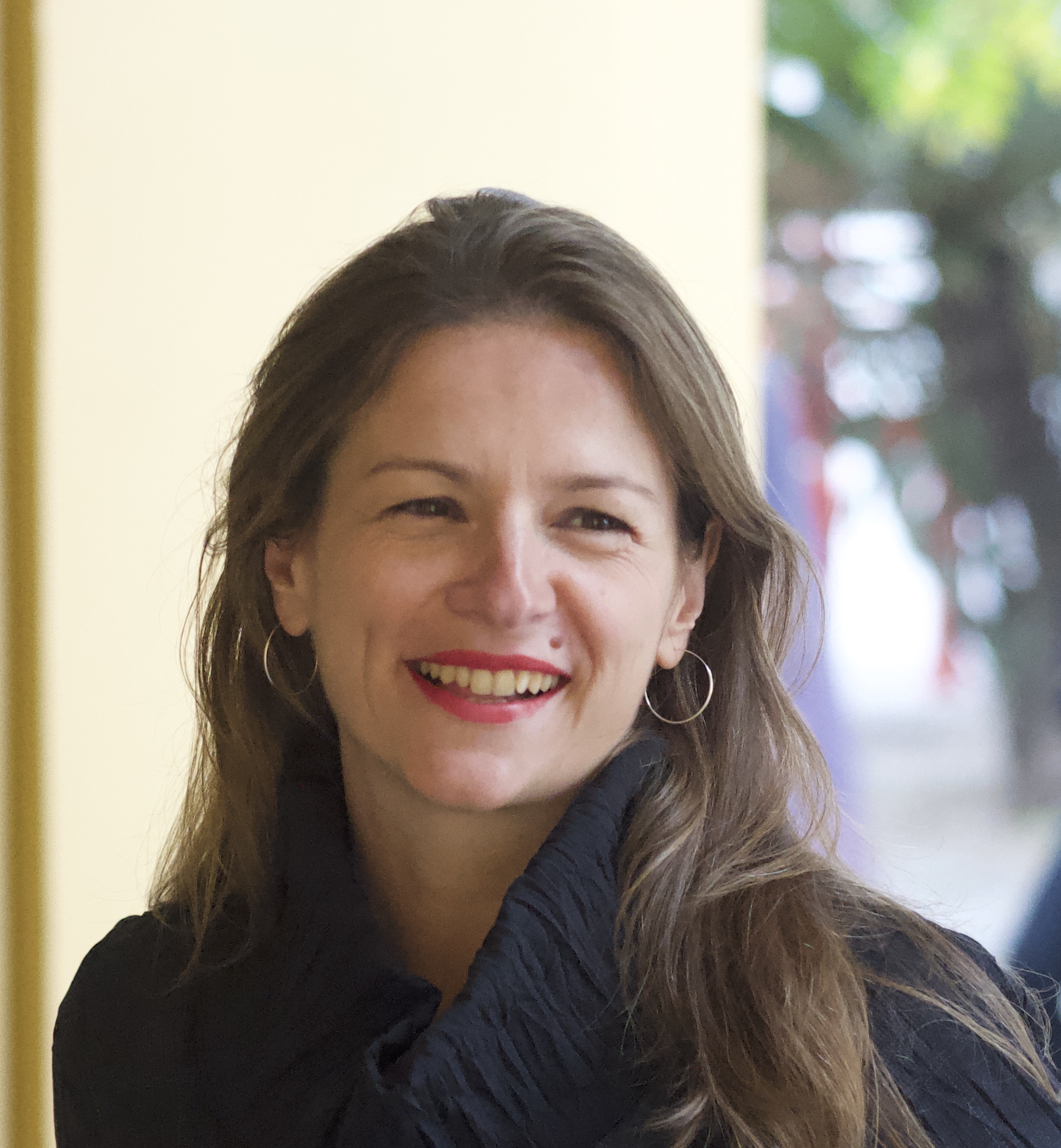How is art related to politics? Where do they intersect? Can art drive political change? Since art is an essential part of society, it mirrors both socioeconomic and political realities, and possesses the remarkable ability to gather people around the common goal.
Drawing on art history and political theory this course will explore where and how politics and artistic practices meet. The aim of this course is to explore the way political themes emerge in selected works of art and the way these are related to certain topics in politics.
The course will cover topics such as the relationship between arts, truth, democracy, and politics, propaganda art and art of dissent and resistance, as well as the artistic representation of wars, exile/forced migration, identity, decolonization, race, and gender.
Although the course will include works of art since ancient Greece, our focus will primarily be on the 20th and 21st century from a variety of geographical latitudes, and the students will be expected to look at visual arts, read poetry, watch theatre and cinema, read literary texts, listen to contemporary music, and even analyze street art, while analyzing and understanding political theory.
Nikolina Zidek
Professor Nikolina Židek received her PhD in Political Science from Universidad Complutense de Madrid. She received her undergraduate degree in Spanish and Italian Language and Literature from the University of Zagreb, Croatia. She received several scholarships and grants to conduct research in Croatia, Austria, Spain, and Argentina, and publishes scholarly articles in the field of Memory Studies. She has more than 10 years of teaching experience. She is also literary and theatre translator and founder of TeaCro, online platform of Croatian theatre translated into Spanish. Her theatre translations of Croatian plays have been staged in Argentina, Spain, Chile, Mexico, Uruguay, Peru, Bolivia, Paraguay, Colombia, Costa Rica, and Venezuela. She won several awards in Argentina and Spain for her theatre translations. Before entering academia, she worked for 12 years as Croatian professional diplomat. She was posted in Croatian Embassies in Madrid and Buenos Aires, where she was in charge of cultural promotion and public diplomacy.

